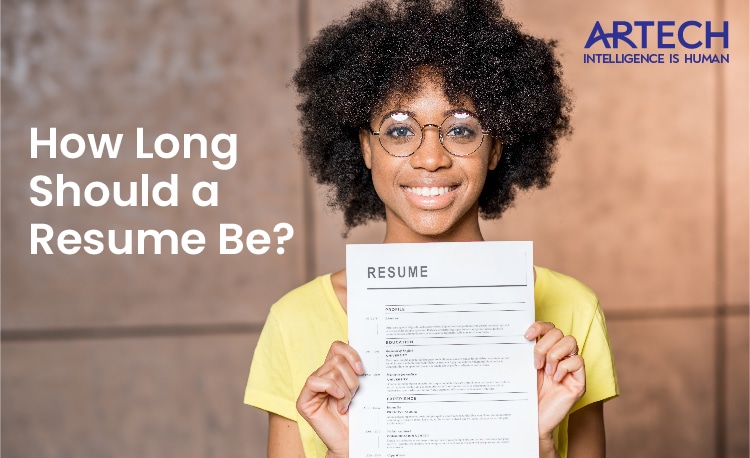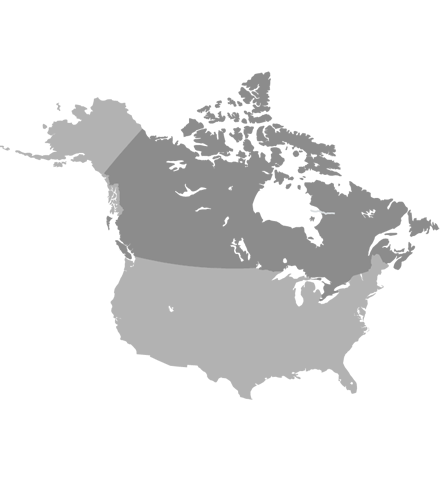
Blogs Images 1 05
Have you ever wondered how long your resume should be? Crafting the perfect resume involves more than just listing your experiences and skills; the length is crucial too. Here’s a comprehensive guide to help you determine the ideal resume length for your specific needs.
Ideal Resume Length: General Guidelines
The ideal resume length can vary based on your career growth stage, industry, and job type. Here’s a quick overview:
- Entry-Level Candidates: 1 page
- Mid-Level Professionals: 1-2 pages
- Executives/Senior-Level Professionals: 2-3 pages
Factors Influencing Resume Length
-
Career Level
-
Entry-Level:
Typically, a one-page resume suffices as you are likely to have less work experience.
-
Mid-Level:
With more experience and skills, a two-page resume may be necessary.
-
Senior-Level:
Extensive career history and accomplishments may require up to three pages.
Also read : How to Choose the Right Skills to Put on Your Resume
-
Industry Standards
-
Creative Fields
Often prefer shorter, visually appealing resumes.
-
Academia/Science:
May require detailed CVs extending beyond three pages.
-
Job Description Requirements
- Tailor your resume length based on the job description. Highlight only the most relevant experiences and skills.
Definition of an Ideal Resume Length
Ideal Resume Length:
The optimal number of pages for a resume, balancing comprehensiveness and conciseness, tailored to the candidate’s experience and the industry standards.
How to Format Your Resume for Maximum Impact
To increase the likelihood of appearing in a featured use various formatting styles:
- Contact Information: Always at the top.
- Professional Summary: A brief, impactful statement.
- Experience: List your job history in reverse chronological order.
- Education: Include your degrees and certifications.
- Skills: Highlight key skills relevant to the job.
- Achievements: Quantify achievements where possible.
- Responsibilities: Use concise bullet points to describe job duties.
- Skills: List both hard and soft skills pertinent to the job.
| Section | Recommended Length |
| Contact Info | 1-2 lines |
| Summary | 2-3 sentences |
| Experience | 5-6 bullet points per job |
| Education | 2-3 bullet points |
| Skills | 5-10 bullet points |
Also Read: Acing the Art of Resume Writing: Tips, Tricks, and Best Practices
Example of a Resume Section
Professional Experience:
- Job Title – Company Name, Location
- Managed a team of 10 sales associates, achieving a 30% increase in quarterly sales.
- Developed and implemented new marketing strategies, resulting in a 25% growth in online traffic.
Tips for Keeping Your Resume Concise
-
Focus on Relevance:
Only include information relevant to the job you’re applying for.
-
Be Specific:
Use clear, concise language.
-
Avoid Repetition:
Each point should offer new information.
Conclusion
Determining the ideal resume length depends on various factors including your career level, industry standards, and the specific job description. By following these guidelines and using effective formatting, you can create a compelling resume that stands out to recruiters and increases your chances of landing a featured snippet in SERP.
This content is crafted with care by Artech Staff Authors. While it reflects our commitment to quality and accuracy, please note that it is not authored by industry experts. We aim to offer valuable and engaging information, and for more specialized or technical advice, we recommend consulting with professionals in the relevant field. If you have any concerns or require further assistance, please contact us at support@artech.com. Thank you for trusting Artech as your source of informative content.








